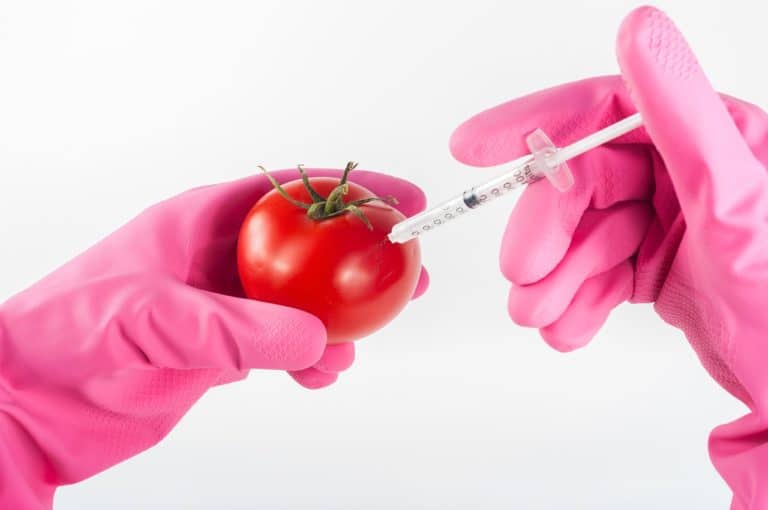What you eat can affect how you feel just as your mood can affect your food choices. Understanding this relationship can help you choose the best diet for mental health and well-being, which can also help naturally support both your psychological and digestive health.
What is the brain-gut connection?
It is important to support optimum gut health if you are trying to improve your mental state. Your gut and brain are connected and the gut is often referred to as the “second brain” with its own independent nervous system. You know sometimes you get a gut feeling about something your brain doesn’t quite make sense of, and you hear people advise, “listen to your gut.” There are biological reasons behind this.
The bacteria that are teeming in the gut (known as the microbiome) affect both the gut and the mind, but this is a relatively new understanding of the gut-brain connection. There is mounting evidence from studies in rodents that the gut microbiome can affect neural development and brain chemistry. This microbiome influences emotional behavior, perception of pain, and the stress system response.
Your gut uses the vagus nerve to communicate with your brain. Eating the wrong foods such as sugar, processed foods, artificial ingredients, genetically modified foods, or environmental toxins such as the herbicide glycophosphates can all cause problems in the body that lead to mental health and mood problems.
Foods that boost your mood
You may have noticed that eating certain foods make you feel good. For example, chocolate (specifically dark chocolate) causes a reaction that can temporarily block the feeling of depression or pain. Eating quality sources of protein can enhance your energy and mood by helping control your blood sugar levels. When your blood sugar fluctuates, you may suffer mood swings as well as several chemical reactions that promote chronic inflammation.
Other foods associated with a positive mood and well-being include bananas, coffee, curcumin (turmeric), blueberries, blackberries, and omega-3 fatty acids such as those found in fatty fish like salmon. The omega-3 fats EPA and DHA play a role in your emotions and sense of well-being.
Foods that can bring you down
If you have been feeling depressed or are struggling with mood problem, stress, or anxiety, it may be time to eliminate some common culprits from your diet. There are foods that can affect your blood sugar and cause mood swings and chronic inflammation. Long-term inflammation can lead to impaired immune system, and this is linked to depression.
Avoid:
- Sugar
- Artificial sweeteners,
- Gluten
- Processed foods.
It is important to maintain the right balance of bacteria in your gut as well as blood sugar. Studies in mice show there is a relationship between stress and anxiety and the bacteria present in the gut.
It all begins in the gut
If you are looking to improve your mood, concentration, and emotional well being, it is important to start with improving your gut health so that the right signals are sent to the brain. You can improve your mental health by eating whole-food diet, avoiding processed foods, and by eliminating processed foods and sugar. You should try to avoid GMO foods as well, and a good way to avoid GMOs and pesticides/herbicides is to eat organic foods. Add to your diet a variety of fermented foods such as fermented vegetables (which are made with lactic acid bacteria such as kimchee and sauerkraut), kefir, natto (fermented soy), or lassi (which is an Indian yogurt drink).
It is estimated that 80% of your immune system is located in your gut, so it is important to keep a healthy balance between good and bad bacteria. Many things can upset this balance such as illness, treatment with antibiotics, genetically engineered grains, antibacterial soap, and chlorinated/fluoridated water. That is why it is also a good idea to take a daily high-quality men’s probiotic. Probiotics are the beneficial bacteria and microflora that reside in your gut. They help restore balance and eliminate the bad bacteria. Studies have shown that probiotics help with psychological health in many ways, including lowering the stress hormone cortisone and helping relieve anxiety.
A growing amount of research is showing that the bacterial colonies that reside in your gut play important roles in brain development and in emotional and behavioral problems, including depression, stress, and anxiety. Learning what to eat and what not to eat as part of the best diet for mental health is an important step in optimizing your psychological health and general well-being. Add in some of those mood-boosting foods, and you will have a recipe for better mental health.
Reference
Carpenter S. That gut feeling. American Psychological Association. 2012 Sep; 43(8)







